Provider and peer mentor disability awareness training
Provider and peer mentor disability awareness training
This introduction to PRIDE’s online provider and peer mentor training program includes eight modules that introduce providers and peer mentors to local employment, disability and refugee resources.
Each module features a PRIDE partner with expertise in the topic and includes relevant case studies. The modules are 15 to 40 minutes each, for a total of about 3.5 hours. There is no required pace for completion.
To assess effectiveness, five questions are included before and after each module. Satisfaction questions appears after each module and at the end of the training.
Orientation to PRIDE’s eight training modules
Orientation
The orientation module provides background and overview of PRIDE programs. It includes information on why PRIDE focuses on refugees with disabilities, PRIDE objectives, and provider and peer mentor training.
Orientation PDF
Orientation PowerPoint
Orientation transcript
Eight modules
To access the eight modules, fill out the form below.
Module 1
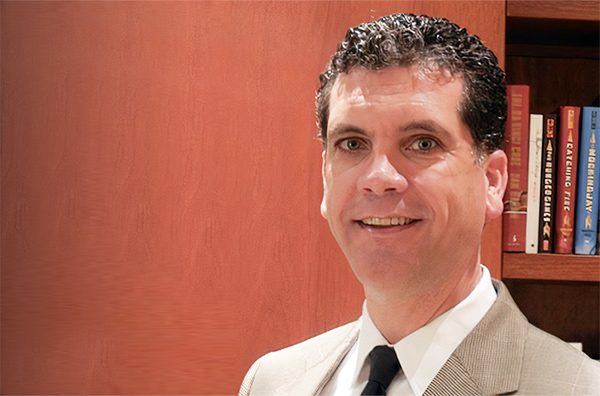
Module 1: Defining disability, disability rights, stigma, and disclosure
In this module you will learn about different definitions and types of disability as well as how interpretations of disability vary across cultures. You will also learn about legal systems and policies that support people with disabilities. This module concludes with case studies.
Speaker: Barry C. Taylor
Vice President of the Civil Rights Team (CRT)
Equip for Equality
Module 2
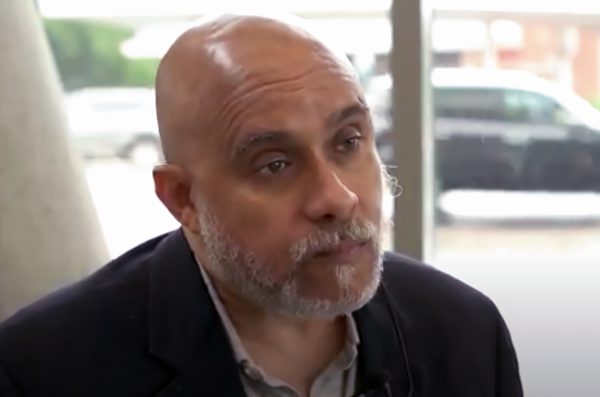
Module 2: Social security, work incentives, and benefits counseling
This module includes 3 case studies that address how Social Security Administration, Supplemental Security Income, and Social Security Disability Insurance relate to refugees with disabilities. This module also discusses the SSA Ticket to Work program, the Mayor’s Office for People with Disabilities, and benefits counseling.
Speaker: John E. Marshall
Area Work Incentives Coordinator
Social Security Administration
Module 3
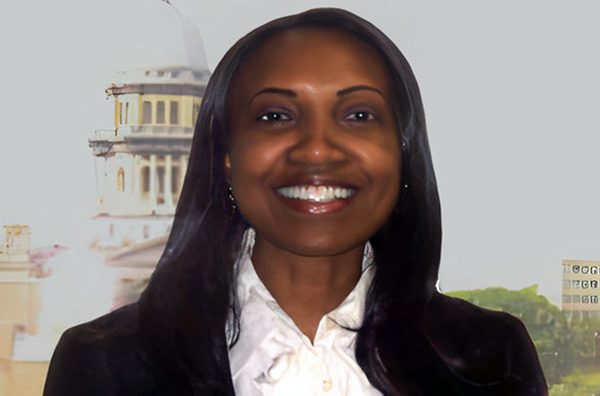
Module 3: Division of Rehabilitation Services-Vocational Rehabilitation (DRS-VR)
This module, which features an important PRIDES partner agency, the Illinois Department of Human Services, focuses on the role of the Division of Rehabilitation Services-Vocational Rehabilitation. The module also discusses how to connect job-seeking refugees to DRS-VR and to Business and Career Services
Speaker: Quinetta Wade
Director Illinois Department of Human Services – Division of Rehabilitation Services
Module 4
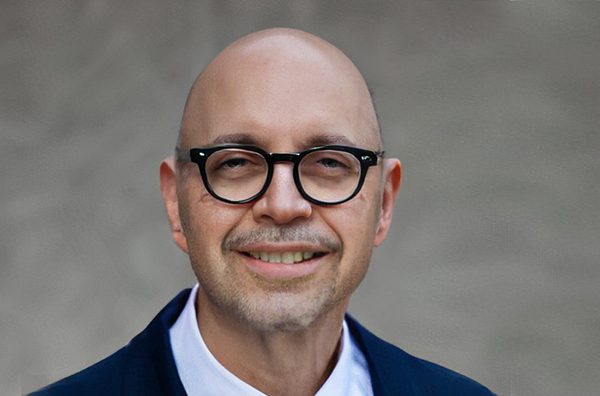
Module 4: Workplace accommodations and assistive technology
This module features case studies focused on workplace accommodations and assistive technology. It also introduces a PRIDE partner agency, the UIC Assistive Technology Unit (ATU), an organization based at the University of Illinois at Chicago. ATU supports people with disabilities as they identify their needs for, find, and use assistive equipment, and also helps them assess and implement workplace accommodations.
Speaker: Glenn Hedman
Director, Assistive Technology Unit
Department of Disability & Human Development
College of Applied Health Sciences University of Illinois at Chicago
Module 5
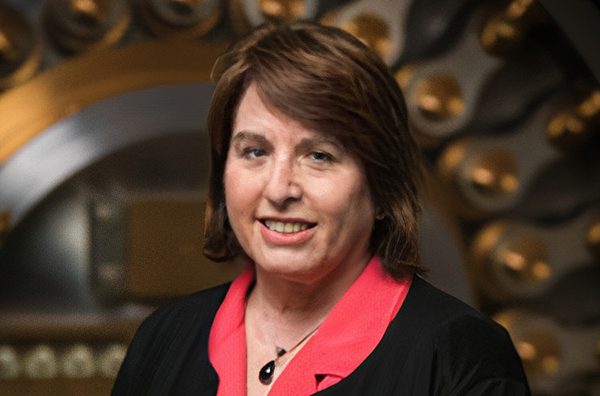
Module 5: Transportation options and resources for job-seeking refugees with disabilities in Chicago
The focus of this module is on local transportation options and resources for job-seeking refugees with disabilities. You will gain exposure to case studies that discuss options for accessible transportation, transportation-related training and supports, and driver rehabilitation.
Speaker: Judy L. Shanley, Ph.D.
Assistant Vice President – Education & Youth
Transition Easter Seals
Co-Director, National Center for Mobility Management
Module 6
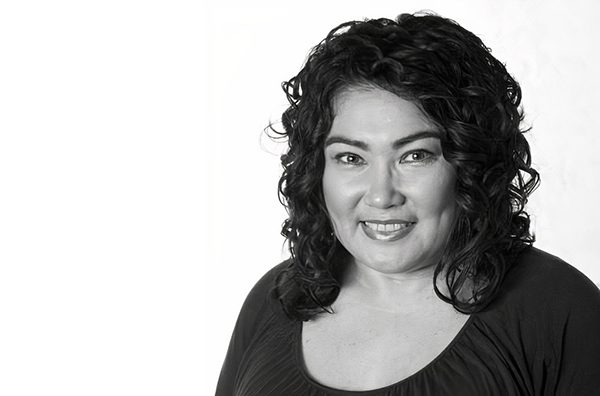
Module 6: Centers for independent living (CILs)
This module features a PRIDE partner, Access Living, a cross-disability organization governed and staffed mostly by people with disabilities. The case study in this module includes the following topics: defining independent living centers and centers for independent living, core services offered by CILs, how CILs can support job-seeking refugees with disabilities, and who is eligible for CILs.
Speaker: Rahnee Patrick
Director of Independent Living Access Living
Module 7
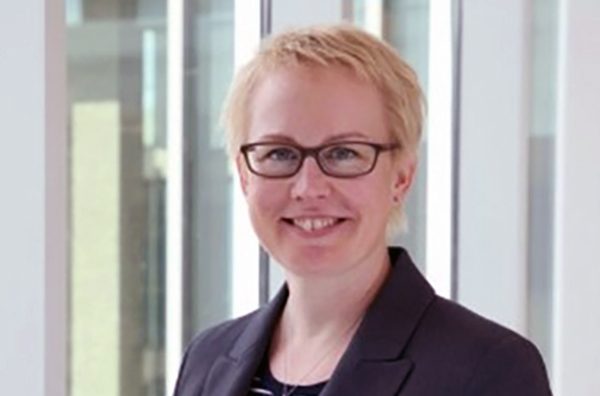
Module 7: Self-employment
This module covers definitions of self-employment, facts about people with disabilities and refugees with respect to self-employment in the United States, case examples, and government programs and PRIDE community partners that support self-employment.
Speaker: Maija Renko-Dolan, Ph.D.
Associate Professor of Entrepreneurship
College of Business Administration
University of Illinois at Chicago
Chicagoland Entrepreneurship Education for People with Disabilities (CEED)
Module 8

Module 8: Working with employers & chambers of commerce to hire and accomodate refugees with disabilities
This final module focuses on working with businesses, employers, and chambers of commerce to hire and support refugees with disabilities. It addresses the provision of information about specific federal legislation that supports PRIDE’s mission, and ways to connect with providers when working with employers to hire refugees with disabilities.
Speaker: Bill Morton
President
Rogers Park Chamber of Commerce
Contact us to receive access to the password protected training materials
Logos

This product was developed under a grant from the National Institute on Disability, Independent Living, and Rehabilitation Research (grant #90IF0110-01-00). However, contents do not necessarily represent the policy of the NIDILRR, and you should not assume endorsement by the federal government.